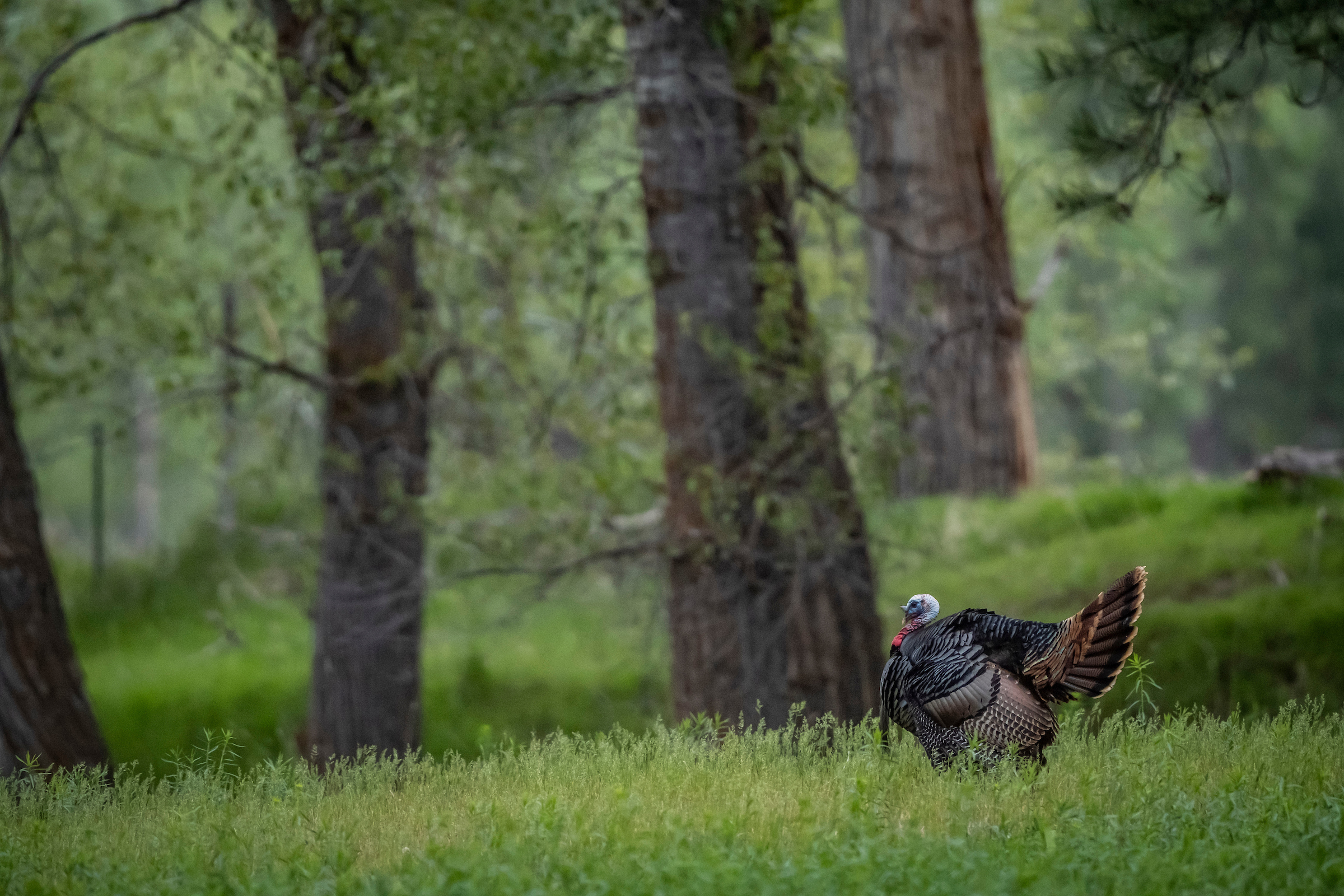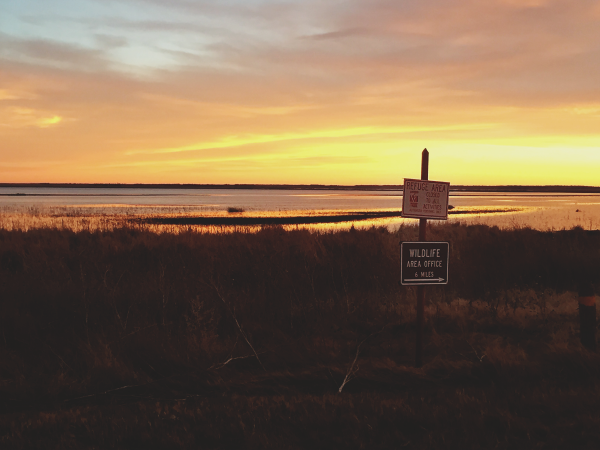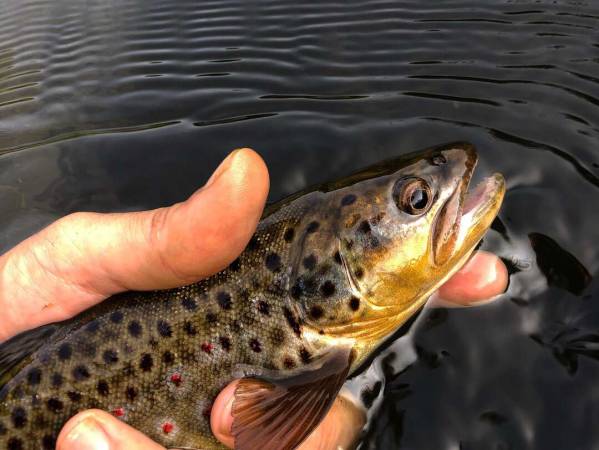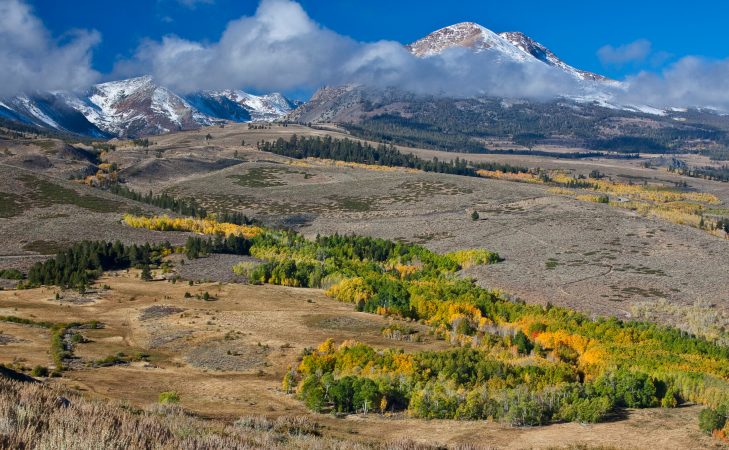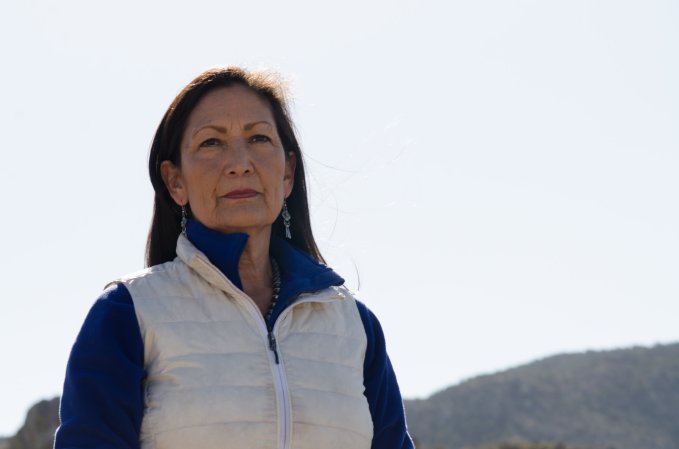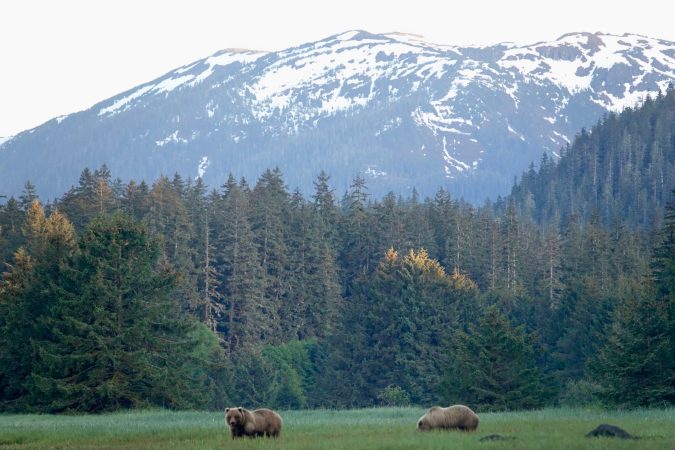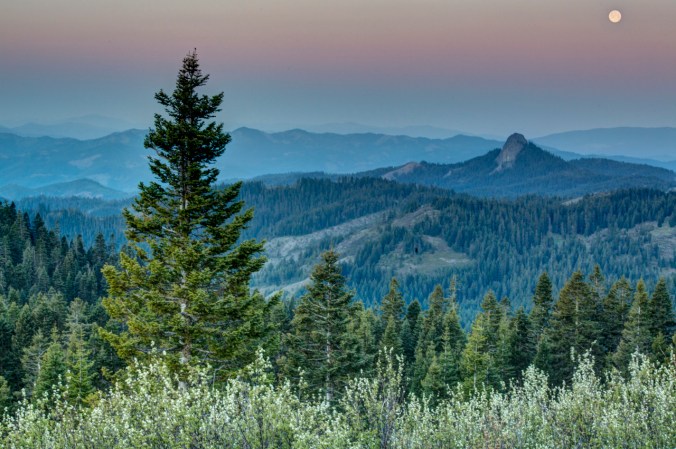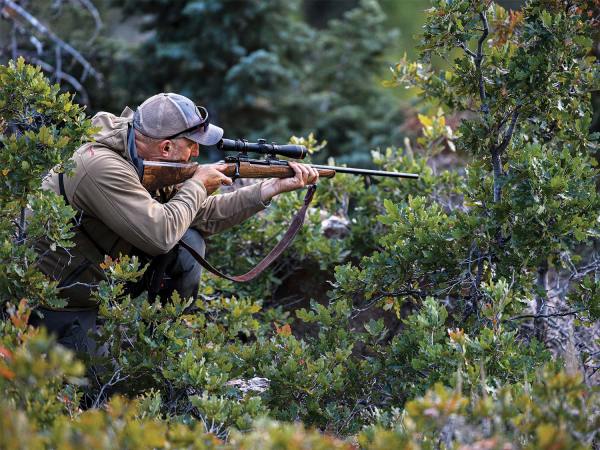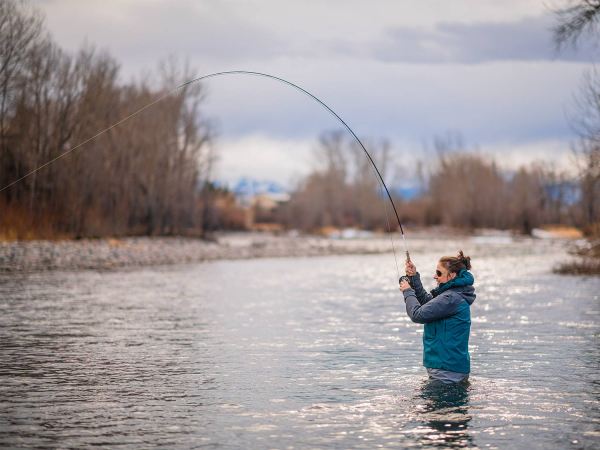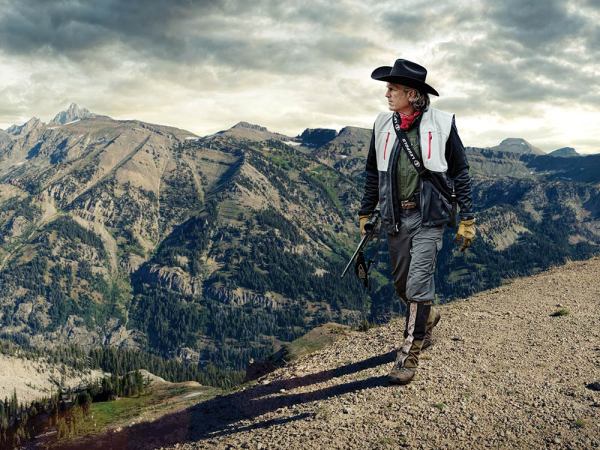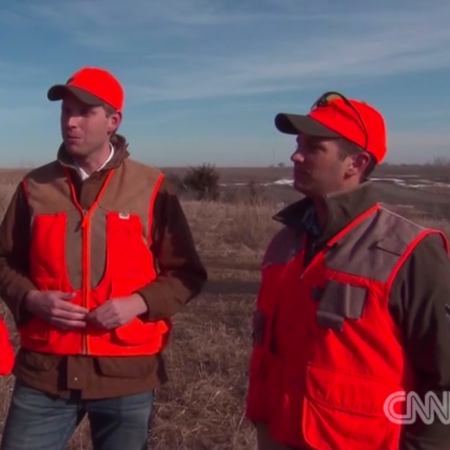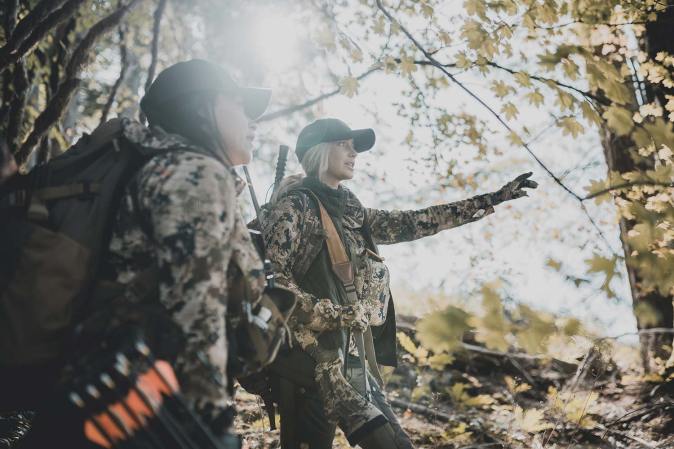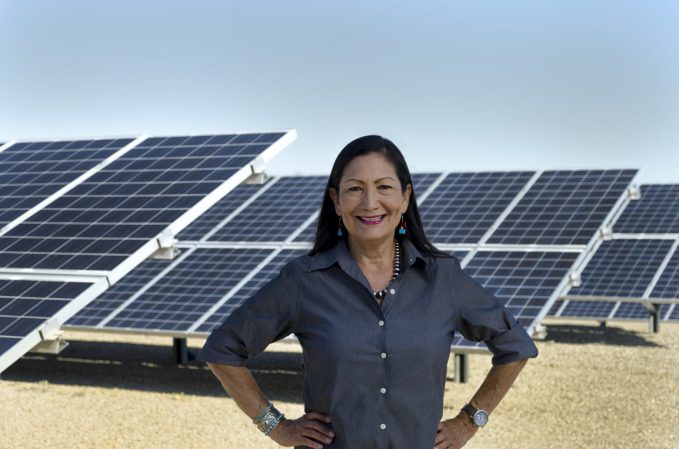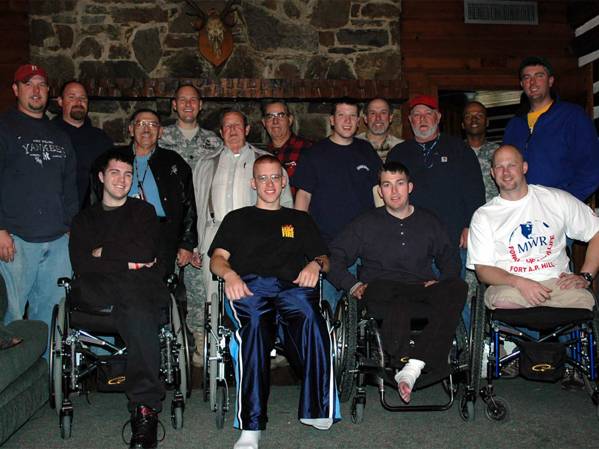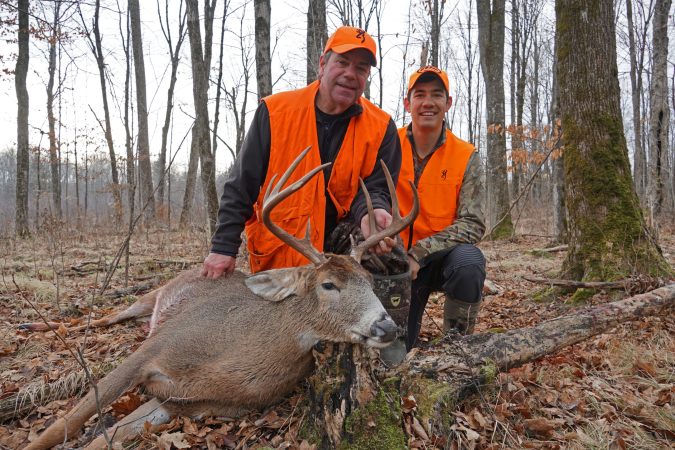For years, Mrs. Philbert invited me to her 5th grade class on Earth Day to talk about the earthier side of nature. I can’t remember if she requested that I dress in camouflage, but I always did, and brought in turkey and elk calls that I passed around for her students to try out.
We always ended the session with half the class calling to the other half, who would half-strut like self-conscious gobblers or approach squeaky cow calls with the long necks and big shoulders of a mighty bull elk. More than once, a teacher from a neighboring classroom sent a student, suddenly drunk with power and a hall pass, to ask us to please be quieter, please.
The idea was that Earth Day should be about being silly and loud and unapologetically pagan. I haven’t been back to Mrs. Philbert’s class since she retired, but as I think about it, that’s precisely what Earth Day should celebrate: our messy, complicated, simple, organic relationship with the ground we live on. And rely on.
Today, which is observed as Earth Day partly because there wasn’t a colonial liberation or culturally exploited ethnic tradition tied to April 22, you are going to hear plenty of pundits talk about all the damage we’ve done to our planet. You’ll hear a lot of apologies about how awful we’ve been to our environment. You’ll hear renewed calls for carbon capture and recycling and legislation that taxes polluters and preserves threatened landscapes. All that scolding is fine, and probably necessary, but it doesn’t come anywhere close to a celebration. I maintain it takes a hunter or an angler or a trapper to understand enough about Ma Earth to celebrate her magnificence.
The elk hunter knows how much moisture the land has received simply by sitting on it for the better part of a week. The deer hunter notices seasonal and annual trends by watching the local herd, and can tell you about the health of the land by how the does look this year, how many had twins, and how antler-growth conditions compare with previous years. The trout angler can tell more about the temperature and clarity of the water by the vigor of a hooked fish than a hydrologist can by looking at watershed dynamics on her computer. The crankbaiter sees the health of a reservoir in the depth and firmness of a mess of walleye fillets.
I think about all the wisdom and knowledge that my friends have of our homeland, not because they’re making a living off the land or tracking climate trends, but because they’re out in it, walking coulees and ridgelines, fishing prairie ponds, and checking traplines. Most of us don’t share our knowledge—we hold it in mental notebooks, registering that new field that geese fed in after the hailstorm or the grove of Russian olives that held sharptails when the weather turned bad or that rocky point that always produces pike in a southeast wind—but we know it as sure as we know our bank balance.
Every community across the world with hunters and anglers has this ground-level knowledge of their local environment. Put all of us together, and we could provide a pretty damned accurate composite map of landscapes that are imperiled, habitats that are functioning, and ecosystems that need work.
If Earth Day was intended to be a day of global environmental awareness, it’s only partially worked. Sure, we are reminded anew of the fragility of our planet. Every paid pundit and pinstripe environmentalist will be sure to stress what a mess we’ve made of this place.
But how many of us are called to Mrs. Philbert’s class? How many of us know that the best way to celebrate Earth Day is by handing a 5th grader a slate call, or by sitting against a tree and yelping in a spitting-and-drumming-by-God wild turkey? How many of us will serve a portion of wild meat to our families and guests tonight and thank the land that produced it?
The answer, as Mrs. Philbert in her quiet wisdom surely knew: Not nearly enough.

